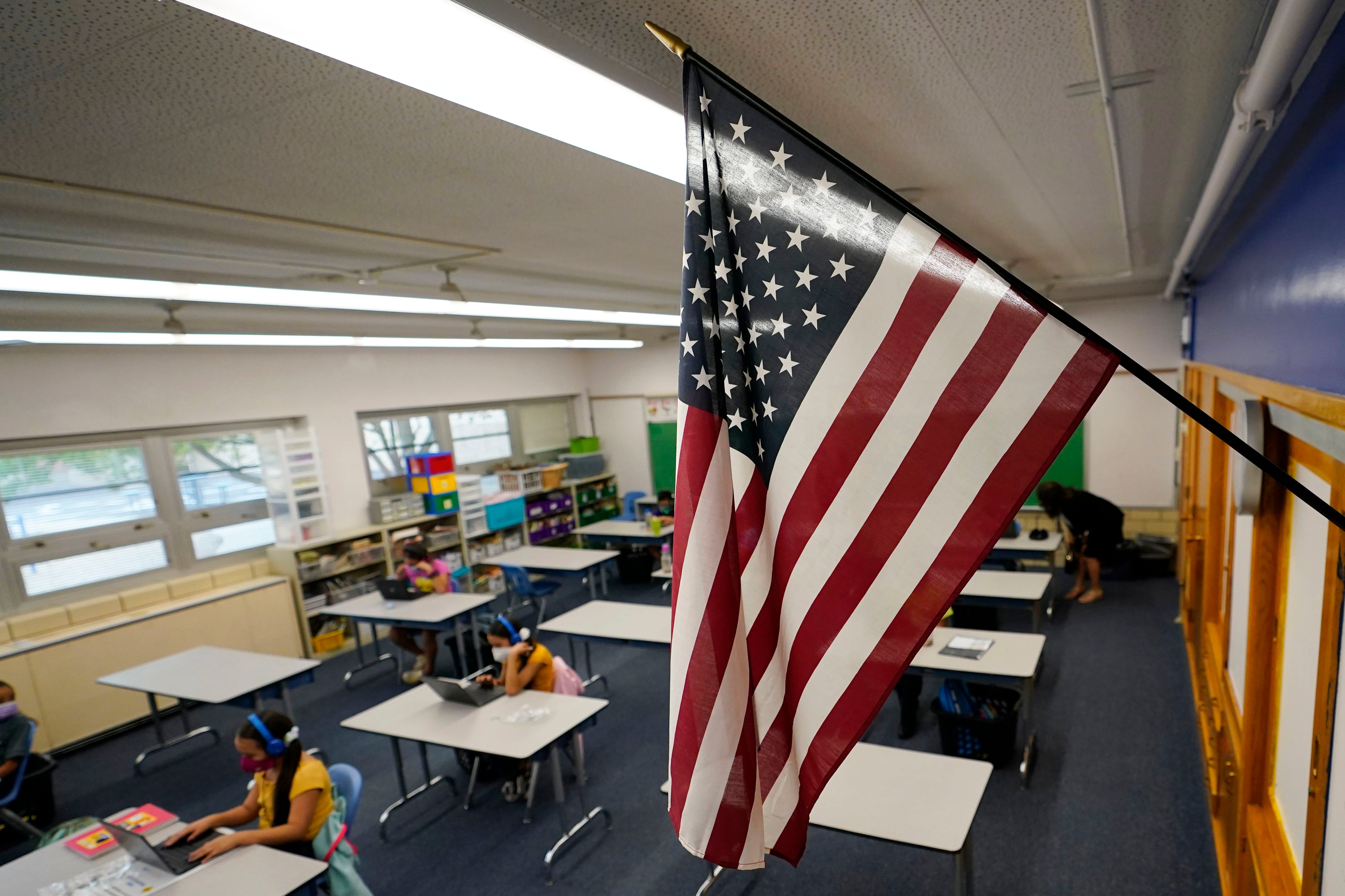Two ballot measures that earmark extra funding for Denver Public Schools passed by wide margins Tuesday.
The money from ballot measures 4A and 4B will be spent on teacher pay raises, installing air conditioning at more schools, reopening a comprehensive high school in far northeast Denver, and more. Denver voters have a long history of throwing financial support behind Denver Public Schools, which serves 92,000 students.
“Denver Public Schools is a central part of our community, and this election was really about showing our teachers and students that we want to give them every opportunity to succeed,” Superintendent Susana Cordova said in a statement.
Ballot measure 4A asked voters to approve a $32 million mill levy override, a type of tax increase. It will raise Denver’s property tax rate by 1.55 mills next year. That’s the equivalent of $51 per year on a home valued at $465,000.
The $32 million will be used for initiatives including:
- Pay raises for teachers and hourly workers, like bus drivers and custodians.
- Hiring more school nurses.
- Hiring more school-based mental health workers.
- Increasing special education services.
4B asked voters to approve a $795 million bond. It is not expected to raise the property tax rate next year. That’s because the district can make payments on the bond with revenue generated at the current tax rate. Rejecting 4B would have made the property tax rate go down.
The $795 million will be used for projects including:
- Installing air conditioning at 24 school buildings that still lack it.
- Renovating or rebuilding the former Montbello high school campus.
- Upgrading playgrounds, building new science labs, and other school renovations.
- Buying land for new schools in the far northeast Gateway neighborhood.






